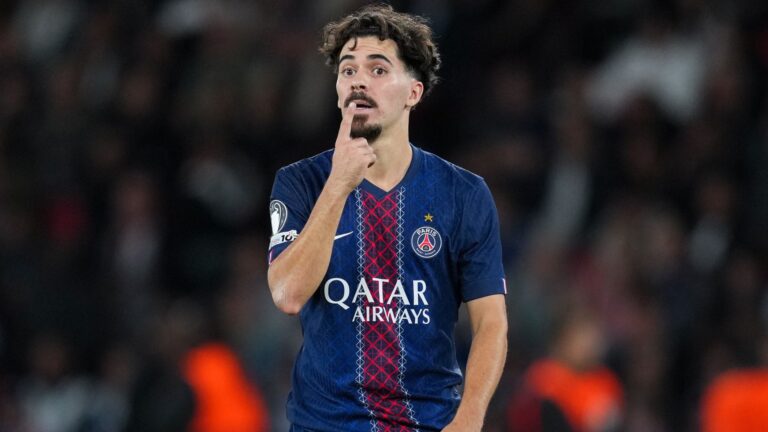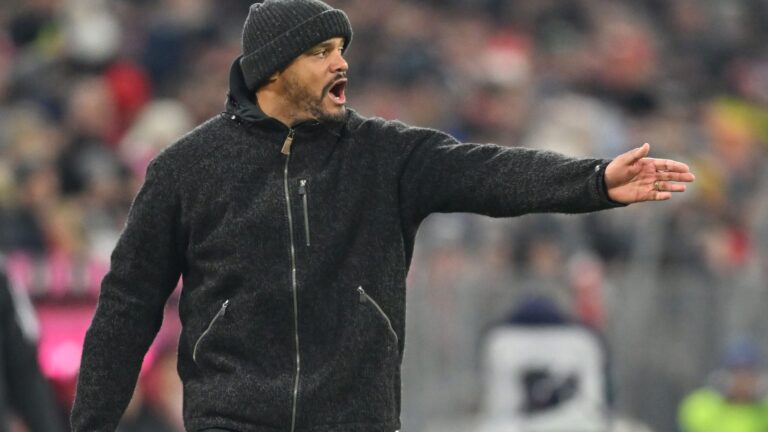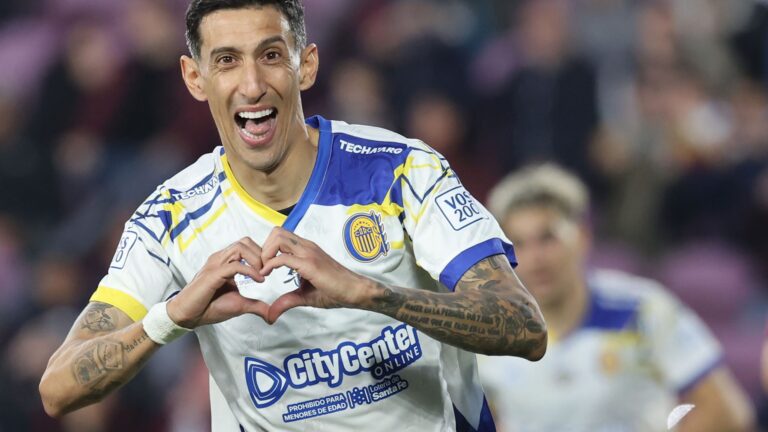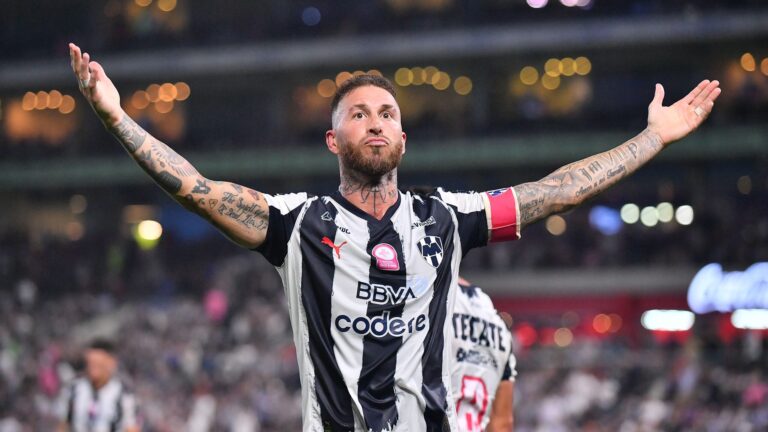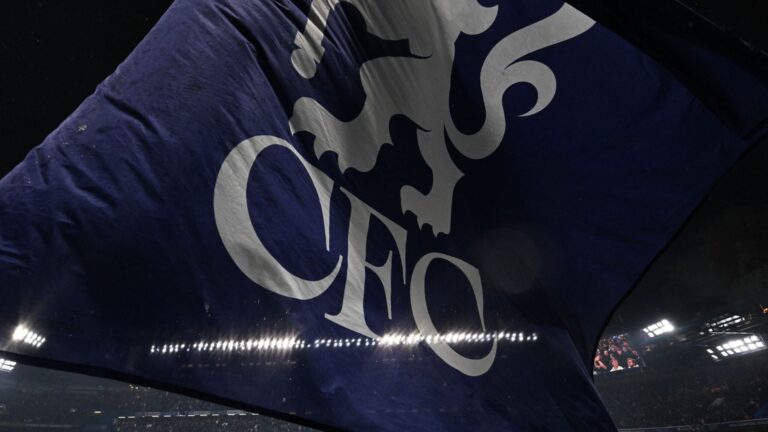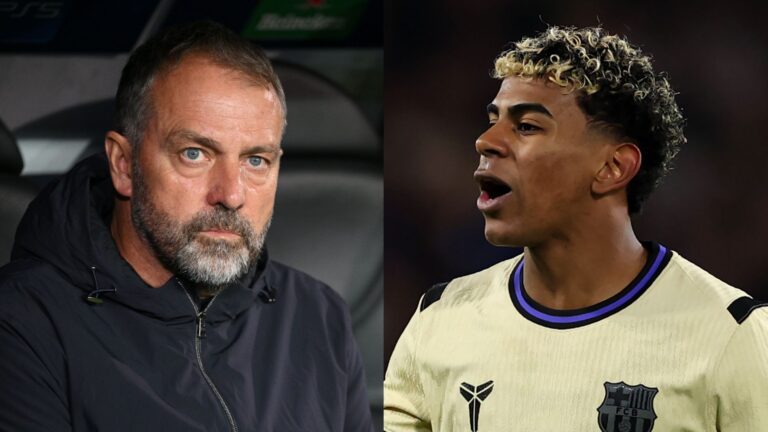Mourinho’s Reflective Return to Benfica and Career Evolution
Jose Mourinho, the iconic football manager, has made a notable comeback to his roots in Portugal, stepping into a leadership position at Benfica after more than two decades away. This move marks a significant milestone, as it’s the very club where he launched his coaching path a quarter-century ago. Under his guidance at 62 years old, Benfica has enjoyed a steady start, securing two victories and one tie in the Liga Portugal, highlighting the enduring impact of this esteemed tactician.
Now, delving into his extensive managerial history, the veteran who once led Chelsea, Manchester United, and Real Madrid shared with UEFA his thoughts on personal and professional development. He explained that a coach’s fundamental essence remains unchanged from start to finish, yet as an individual, growth is inevitable. Early in his journey, his focus might have been more self-centered, but over time, he’s shifted towards a more selfless approach, prioritizing the growth and support of his players over his own future prospects. This evolution represents a subtle yet profound shift that enhances his character without altering his core coaching style.
This sense of maturity has left him feeling more robust and skilled in his role than ever before. Experience, he notes, is the key to improvement for any coach. Throughout his career, there have been games where his tactics and decisions were the deciding factors in success, whether planned in advance or adapted on the spot. However, he never views himself as an extraordinary intellect or a malevolent force-just perhaps a touch provocative at times.
Following a recent league triumph against Gil Vicente on Saturday, the focus now shifts for Mourinho as he prepares to confront his past employers, Chelsea, returning to the familiar turf of Stamford Bridge for a pivotal Champions League encounter.
Benfica’s Early Success Under Mourinho’s Leadership
In the initial phase of his tenure, Benfica has demonstrated solid form, with the team achieving two wins and a draw in their Liga Portugal outings. This seamless integration underscores Mourinho’s ability to quickly instill his strategies and motivate his squad, drawing from his vast experience to navigate the demands of domestic competition.
Key Highlights of His Return
Mourinho’s decision to rejoin Benfica after 21 years abroad symbolizes a full-circle moment in his career. His early days at the club laid the foundation for his global success, and now, he’s bringing that wisdom back to foster further achievements, ensuring the team’s strong performance from the outset.
Insights into Mourinho’s Personal and Professional Growth
Reflecting on his 25 years in management, Mourinho emphasized that while a coach’s innate qualities persist, personal transformation is both natural and beneficial. He described moving from a more individualistic mindset to one that emphasizes team welfare, allowing him to contribute more effectively to his players’ development without losing his strategic edge.
The Role of Experience in Coaching Excellence
According to Mourinho, accumulated years in the field have sharpened his abilities, making him a more effective leader. He pointed to specific matches where his in-game decisions turned the tide, yet he maintains a grounded perspective, acknowledging his provocative nature but rejecting notions of genius or villainy.
Upcoming Challenge: Facing Chelsea in the Champions League
With Benfica’s recent victory fresh in mind, Mourinho is now setting his sights on the high-stakes matchup against Chelsea. This return to Stamford Bridge promises an emotional and competitive showdown in Europe’s premier club competition.
Chelsea’s Preparation Without Key Talent
As Chelsea gears up for this midweek fixture, they’ll be without their prominent player, Cole Palmer, sidelined for the next three games due to a groin injury. This absence could influence their approach, adding an extra layer of intrigue to the contest against Mourinho’s Benfica side.



Mourinho’s Reflections on His Career
In a recent interview, Jose Mourinho opened up about his storied career, dismissing the labels of “genius” or “devil” that have often followed him in the world of football. As the former Chelsea manager prepares for a highly anticipated Champions League reunion with his old club, he emphasized that he’s evolved into a “much better coach” than ever before. This introspection offers a fascinating glimpse into the mindset of one of football’s most polarizing figures, highlighting his growth and adaptability in the high-stakes environment of European competitions.
The Genius vs. Devil Narrative in Football Management
Jose Mourinho has long been portrayed as a tactical genius on one hand and a controversial figure on the other, with media and fans often painting him as the “Special One” or even a “devil” for his intense rivalries and bold decisions. However, Mourinho has pushed back against these extremes, stating in interviews that he never saw himself in such black-and-white terms. This perspective resonates with many in the football community, as it challenges the hype surrounding top managers and focuses on the human element of coaching.
For Mourinho, the “genius” label stems from his early successes, like leading Porto to a Champions League title in 2004, but he attributes much of that to hard work rather than innate brilliance. On the flip side, the “devil” moniker often arises from his heated exchanges with players, referees, and opponents-think of his famous touchline antics or post-match tirades. By rejecting these narratives, Mourinho reminds us that effective coaching in the Champions League and beyond requires balance, strategy, and continuous learning, rather than relying on a mythical persona.
Evolution as a Coach Ahead of the Chelsea Reunion
Mourinho’s assertion that he’s a “much better coach” now is backed by his extensive experience across top leagues, including stints at Real Madrid, Manchester United, and Tottenham. As he gears up for this Champions League clash with Chelsea-the team where he won three Premier League titles-it’s clear that his approach has matured. He speaks of refining his tactics to emphasize player development and team psychology, moving away from the defensive masterclasses that defined his earlier career.
This evolution is evident in how Mourinho adapts to modern football trends, such as integrating data analytics and youth integration into his strategies. For instance, during his time at Roma, he focused on building resilience in younger squads, which could play a key role in his upcoming Champions League tactics against Chelsea’s dynamic lineup. Fans and analysts alike are eager to see how this “better coach” version of Mourinho deploys his renowned counter-attacking style, making this reunion a must-watch event for Champions League enthusiasts.
Benefits of Mourinho’s Coaching Philosophy
One of the standout benefits of Mourinho’s philosophy is its emphasis on mental toughness and preparation, which can be invaluable for aspiring coaches and players. By fostering a winning mentality, he helps teams handle the pressure of high-profile matches like Champions League knockouts. This approach not only boosts on-field performance but also translates to long-term success, as seen in his ability to turn around underperforming squads.
Additionally, Mourinho’s focus on defensive solidity while encouraging creative play offers practical tips for coaches at all levels. For example, he often stresses the importance of set-piece drills and player rotation to maintain freshness during intense Champions League campaigns. These elements make his methods accessible and applicable, providing real-world benefits for youth teams or amateur leagues looking to emulate professional strategies.
Case Studies: Mourinho’s Successes and Challenges
Looking at case studies from Mourinho’s career reveals how his growth as a coach has led to tangible results. Take his 2010 Champions League run with Inter Milan, where he orchestrated a historic treble despite facing financial constraints and injuries. This success highlighted his ability to motivate players under pressure, a skill he’s honed further in recent years.
Contrast that with his second spell at Chelsea, which ended in dismissal due to internal conflicts. This case study underscores the challenges of maintaining team harmony, but Mourinho has learned from it, adapting his leadership style to be more collaborative. In his current role, these experiences have made him a more versatile Champions League manager, capable of outmaneuvering opponents like Chelsea with smarter, more calculated approaches.
First-Hand Experience: Lessons from the Dugout
Drawing from Mourinho’s own first-hand accounts, his journey offers profound insights into the demands of top-tier football. He often shares stories from the dugout, like how preparing for a Champions League final involves not just tactics but also building personal connections with players. This hands-on experience emphasizes the need for coaches to evolve, as Mourinho has, by staying adaptable in a sport that’s constantly changing with new rules and technologies.
In practice, this means incorporating elements like video analysis sessions to review opponents, a tip Mourinho swears by for gaining an edge in matches. His reflections serve as a blueprint for anyone in football, showing that becoming a better coach involves self-awareness and a willingness to learn from both triumphs and setbacks.
Practical Tips for Aspiring Football Coaches
For those inspired by Mourinho’s story, here are some practical tips drawn from his career:
- Focus on Mental Preparation: Use pre-match routines to build confidence, much like Mourinho does with motivational talks.
- Adapt Tactics Dynamically: Analyze opponents’ weaknesses weekly, as he does for Champions League games, to stay one step ahead.
- Prioritize Player Relationships: Foster open communication to avoid the pitfalls of past conflicts, ensuring a cohesive team dynamic.
- Incorporate Data-Driven Decisions: Leverage stats and performance metrics to refine strategies, blending Mourinho’s old-school grit with modern tools.
By applying these tips, coaches can enhance their own approaches, potentially leading to better outcomes in competitive leagues. Mourinho’s ongoing evolution as a Champions League stalwart continues to influence the football world, proving that true greatness comes from relentless improvement.


